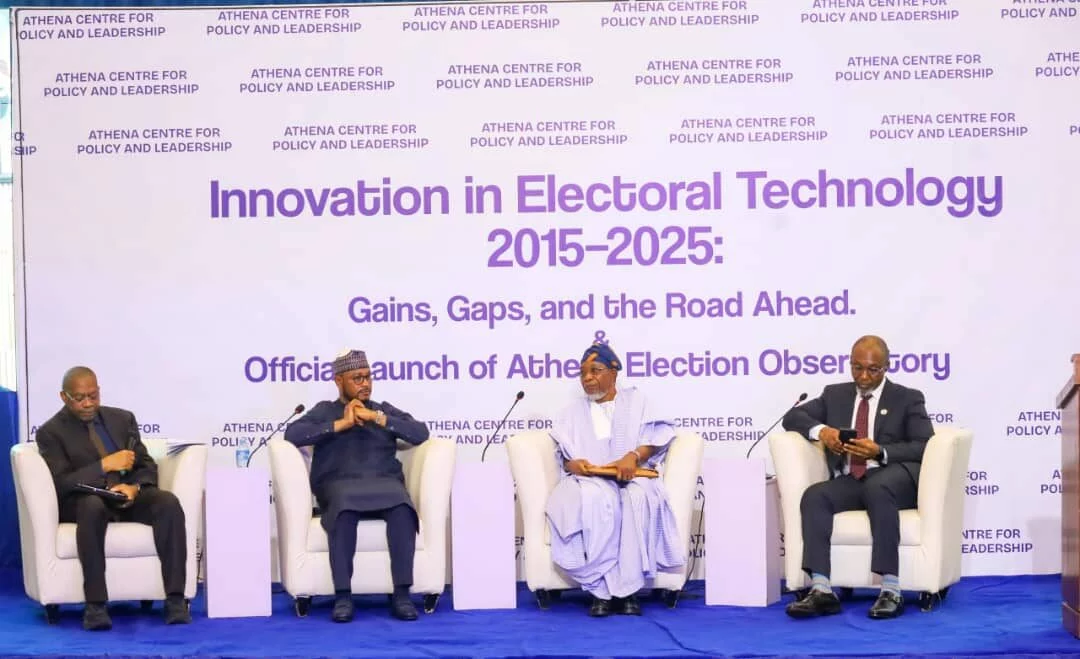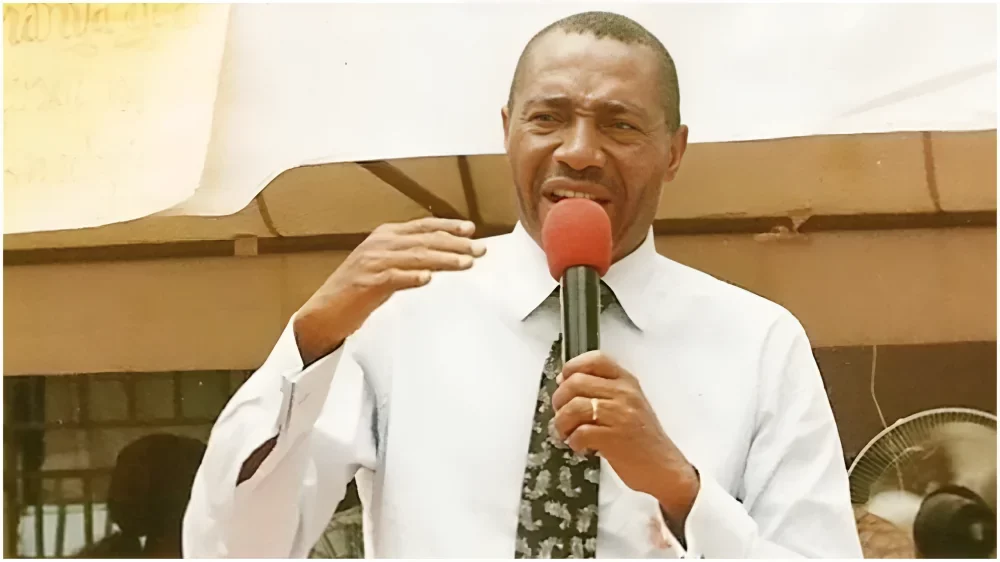Electoral Overhaul: Calls Mount to Scrap State Poll Bodies

Stakeholders in Ebonyi State have collectively voiced a strong appeal for a constitutional amendment aimed at dismantling State Independent Electoral Commissions (SIECs) and entrusting the conduct of local government elections back to the Independent National Electoral Commission (INEC). In interviews conducted in Abakaliki, these individuals emphasized that such a measure is crucial for bolstering the electoral process, ensuring credibility, fostering transparency, and guaranteeing genuine grassroots inclusion. Their assessment of council polls across various states revealed deep concerns regarding alleged compromise and a pervasive lack of credibility in the current system.
Chief Ejiofor Ndukwe, a former councillor and legislative leader of Ivo Local Government Area, critically alleged that governors have effectively transformed SIECs into mere extensions of their executive offices. Ndukwe stated unequivocally that SIECs, under the existing control of governors, are fundamentally incapable of conducting credible, free, fair, and transparent elections. He stressed that the issue is not one of funding or competence, but rather an inherent flaw in the very structure, where governors dictate outcomes, often handpicking councillors and chairmen through SIEC-orchestrated polls, thereby disenfranchising the local populace. He strongly advocated for local councils to be granted autonomy and their elections to be overseen by INEC.
Adding to this perspective, Prof. Egwu Oguguo, a lecturer at the Alex Ekwueme Federal University Ndufu-Alike Ikwo (AE-FUNAI) and Chairman of the Nigeria Labour Congress (NLC), Ebonyi chapter, characterized SIECs as instruments originally conceived for political patronage. Oguguo highlighted that appointments to these commissions are often subject to intense lobbying, resulting in predetermined electoral outcomes. He firmly maintained that the restoration of grassroots democracy hinges on reverting to the previous system where INEC managed local government elections.
Further critiques came from Mrs. Ngozi Ogbodo, a woman rights activist, who denounced the current electoral arrangement as a "mockery of democracy at the grassroots." She pointed out that council elections under SIECs invariably manifest as one-party affairs, with the ruling party sweeping all seats, which disproportionately marginalizes women and other vulnerable groups due to the predetermined nature of the process.
Mr. Emmanuel Okorie, a civil society advocate, underscored the detrimental impact of non-credible council elections on grassroots development. He argued that when leaders emerge through imposition rather than genuine democratic processes, their accountability is directed solely to the governor who endorsed them, rather than to the constituents they are meant to serve. Okorie concluded that until INEC reassumes its mandate for local government elections, this tier of government will regrettably remain a "puppet tier."
Similarly, Mr. Chukwuma Nwite, a political science lecturer at Ebonyi State University (EBSU), labeled SIECs as a "constitutional aberration" that grants excessive powers to state governors. Nwite asserted that for any serious commitment to grassroots development, the conduct of council polls must be transferred to INEC to inspire essential public trust and ensure legitimate representation.
Recommended Articles
INEC Shake-Up: Yakubu Bows Out, Agbamuche-Mbu Takes Charge as Acting Chair

Professor Mahmood Yakubu has concluded his two terms as INEC Chairman, making way for May Agbamuche-Mbu as acting chairm...
Political Heavyweights Demand INEC Election Reforms

Political leaders and experts at a national dialogue in Abuja have called for the Independent National Electoral Commiss...
Urgent Reforms: INEC Pushes for Swift Electoral Act Review Ahead of 2027 Polls

The Independent National Electoral Commission (INEC) has expressed strong concerns over the National Assembly's delay in...
Explosive Demand: Strip President, Governors of Electoral Officer Appointment Power!

Senator Ikechukwu Obiorah proposes a constitutional amendment to reform Nigeria's electoral system, advocating for a neu...
Northern Democrats Sound Alarm: Governors Cautioned On Bandit Deals

The League of Northern Democrats (LND) has urged northern governors to assume responsibility for state security, caution...
You may also like...
Shocking Claims: Star Striker Victor Osimhen Faces Lifelong Medical Battle!

Turkish football doctor Ahmet Çakar has made serious, unconfirmed claims about Nigerian striker Victor Osimhen's lifelon...
Breaking: Boxing Legend Tyson Fury Confirms Comeback, Return Date Set!

Boxing promoter Frank Warren has confirmed that Tyson Fury is planning a return to the ring next year, despite his earli...
Jared Leto's 'Tron: Ares' Ignites Furious Debate: A Sci-Fi Masterpiece or a Buggy Disaster?

Disney's latest attempt to revitalize the "Tron" franchise, "Tron: Ares," aims to simplify its narrative while retaining...
Michael Mann's 'Heat 2' Officially Ignites: Blockbuster Sequel Finds New Home at Amazon MGM!

Michael Mann's long-awaited "Heat 2" is officially moving forward, finding a new studio home at Amazon MGM-owned United ...
Diddy's Pardon Plea Ignites Firestorm: 50 Cent Slams Trump Confirmation

Sean "Diddy" Combs' recent 50-month prison sentencing for federal prostitution law violations has taken a new turn with ...
Zach Bryan's ICE Lyrics Spark White House Backlash: 'Americans Disagree'

Zach Bryan has ignited a political firestorm with a snippet of an unreleased song critical of ICE, drawing swift condemn...
J.Lo & Ben Affleck: Hollywood's Power Couple Lights Up Red Carpet Once More

Jennifer Lopez and Ben Affleck reunited on the red carpet for the New York City premiere of 'Kiss of the Spider Woman,' ...
One Direction Star Louis Tomlinson's Raw, Emotional Farewell to Liam Payne

Louis Tomlinson has opened up about the profound grief following the tragic death of his friend and former One Direction...